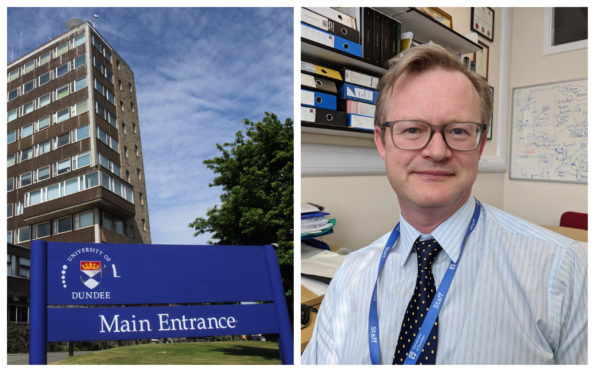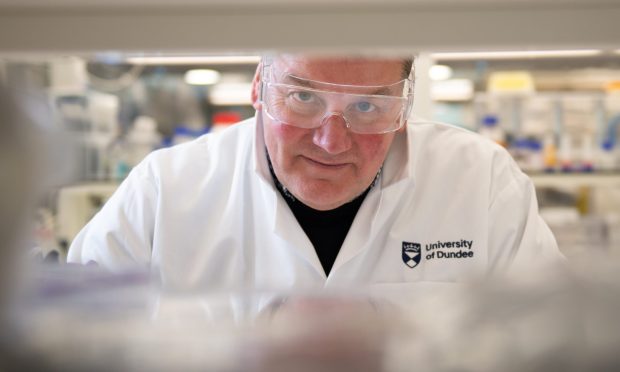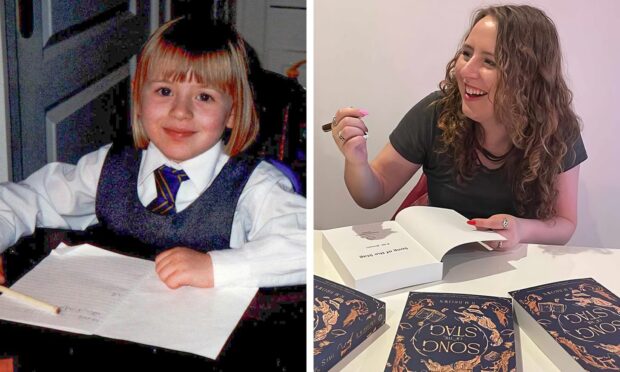Scientists from Dundee University are to lead new research into a “forgotten” cancer.
Russell Petty, professor of medical oncology at the university’s School of Medicine, has received £300,000 to try and overcome resistance to treatment experienced by oesophageal squamous cell carcinoma (OSCC) patients.
The problem of resistance is so serious 60% of people die within a year of being diagnosed and only around 15% of patients are cured.
While oesophageal cancer is recognised as hard to treat and an area of unmet clinical need, almost all UK research funding and clinical trials in this area have been focused on oesophageal adenocarcinoma, the more common sub-type of the disease.
Instances of OSCC have been increasing over the past 20 to 30 years but the disease, which is related to smoking, alcohol consumption and social deprivation, has become less prevalent throughout most of the developed world.
Scotland is an exception to this trend and a recent international report showed instances of OSCC were higher among Scots than any other group of women studied, with rates also among the highest for Scottish men.
“The fact that the incidence of OSCC in Scottish women is the highest in the world is an important national health statistic and yet one which has attracted little or no attention,” said Professor Petty.
“It really is Scotland’s forgotten cancer. When I came to work in Tayside a few years ago, I was surprised to be seeing more oesophageal squamous cell carcinoma patients than I would expect.
“This was especially true in women and when I checked the database I was astounded to see that the number of squamous cell cancers diagnosed in Tayside over the last 30 years had doubled.”
Preliminary research carried out by professor Petty and his team has suggested a new molecular mechanism of drug resistance in OSCC, which they have demonstrated can be overcome by a new targeted cancer medicine that is already in clinical trials.









